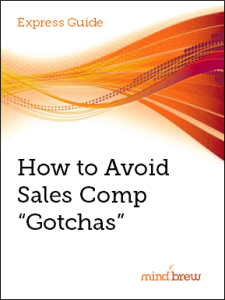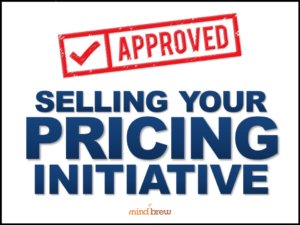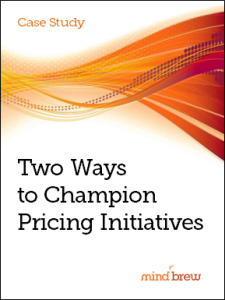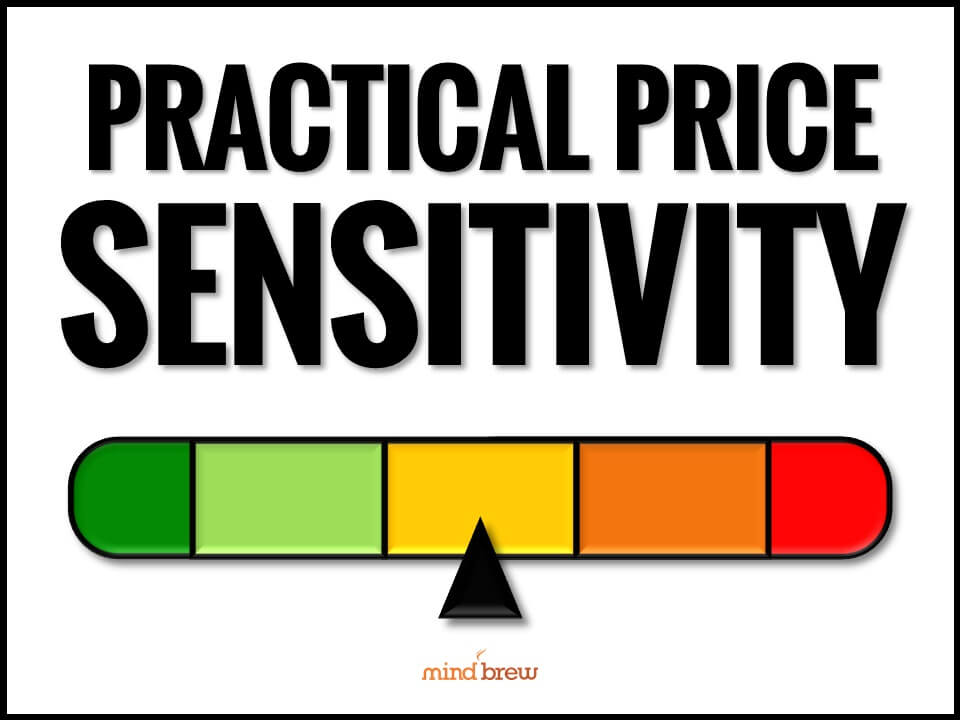As a finance person, I’m wired to focus heavily on the cost component of the profitability equation. And at most of the companies I’ve worked with throughout my career, costs seemed to be the only element within the Finance Department’s purview—everything else was left to sales, marketing, or “market forces”.
But it seems that things are starting to change.
More and more finance organizations are looking beyond costs and focusing more attention on other powerful profitability drivers. In fact, a CFO Signals study by Deloitte shows 58% of CFOs reporting that their organizations are now making a contribution in the area of pricing.
Why pricing? Well, those of us in finance can easily recognize pricing’s power. We understand very well how commanding even a small increase in average selling price can significantly improve margins and the bottom line. And as it’s a somewhat analytical process, pricing is right up our alley and makes good use of our skillsets.
But a challenge that many finance organizations face when focusing on pricing is figuring out where to start. Fortunately, by asking some simple questions you can get a good handle on what’s being done and what areas can be improved:
- Are prices set according to the value your customers perceive and receive, or are prices based on a fixed markup over unit costs?
- Do you have metrics in place to measure price performance, or do you only think about pricing when your margins take a nosedive?
- Do the people setting prices actually have training and experience in pricing, or are they just expected to know what they’re doing by osmosis?
- Do you have controls in place to ensure that your pricing strategies are being executed, or can people just do whatever they think best?
- Is the sales team measured by and compensated on hitting pricing targets, or are they measured by something more basic like gross sales?
You can start by asking yourself these questions about your company and begin to get an idea of where things stand. But even if you can’t answer these questions yourself, the finance organization is in a great position to ask these questions of other departments.
Sure, some may wonder why you’re asking about something other than costs. And some may even feel like you’re stepping on their toes. But don’t let that deter you. After all, why wouldn’t the Finance Department be taking an interest in something so crucial to the company’s financial health and performance?
















